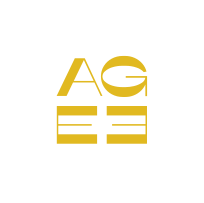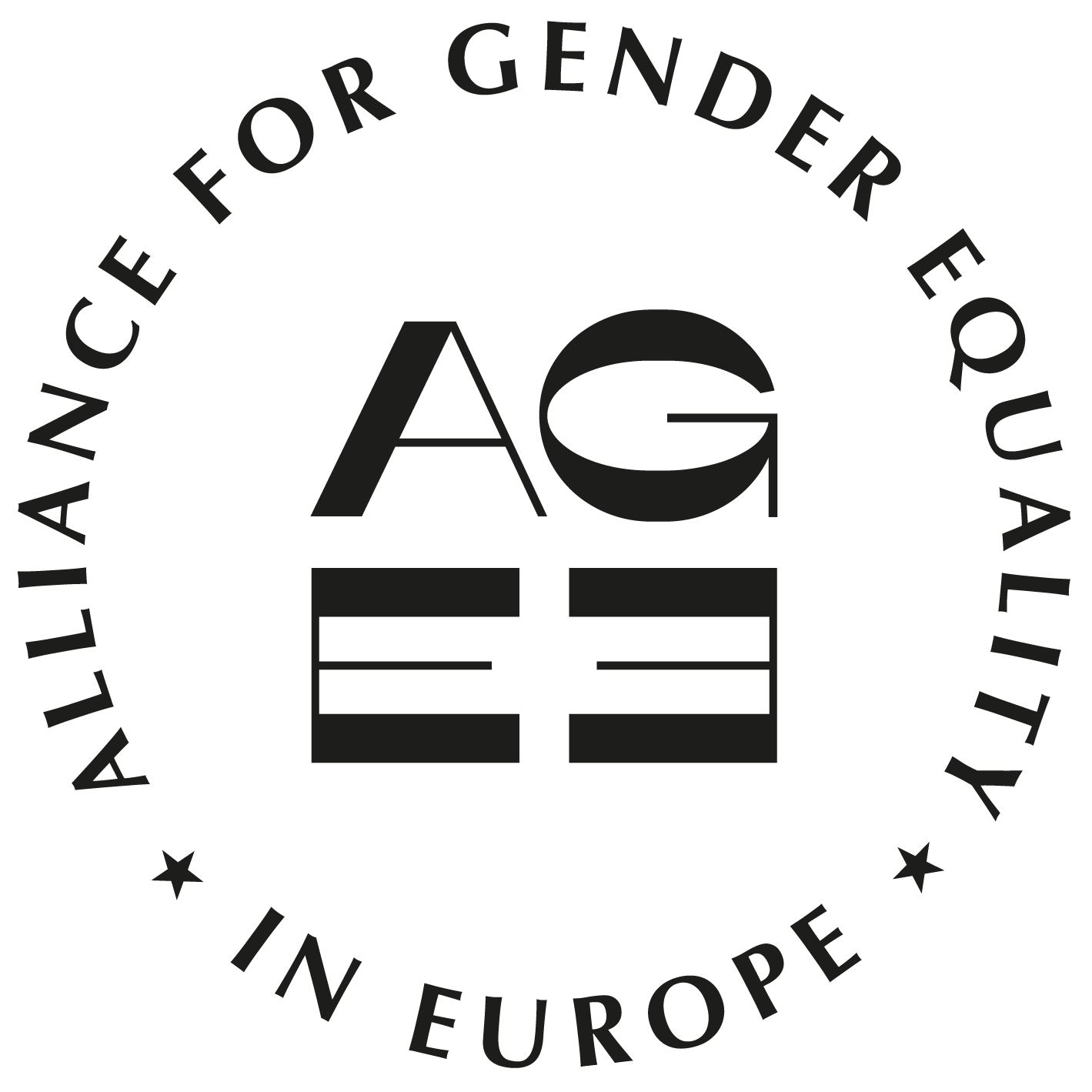Economic Opportunities Sub-fund
The Economic Opportunities Sub-fund was launched to improve economic inclusion, which is still one of the main challenges to achieving gender equality in Europe. Through this fund, the Alliance aims to support community-driven, gender-transformative solutions for marginalised women, transgender, non-binary and gender non-conforming people in Europe.
WHO SUPPORTS THIS SUB-FUND?
The Economic Opportunities Sub-fund is made possible by the commitment of Bodossaki Foundation, Fondation CHANEL, Fondation de France, Fondation RAJA-DAnièle Marcovici, JPMorgan Chase, King Baudouin Foundation, and L’Oréal Fund for Women.
JPMorgan Chase exclusively partners with the Alliance on the Economic Opportunities Fund.
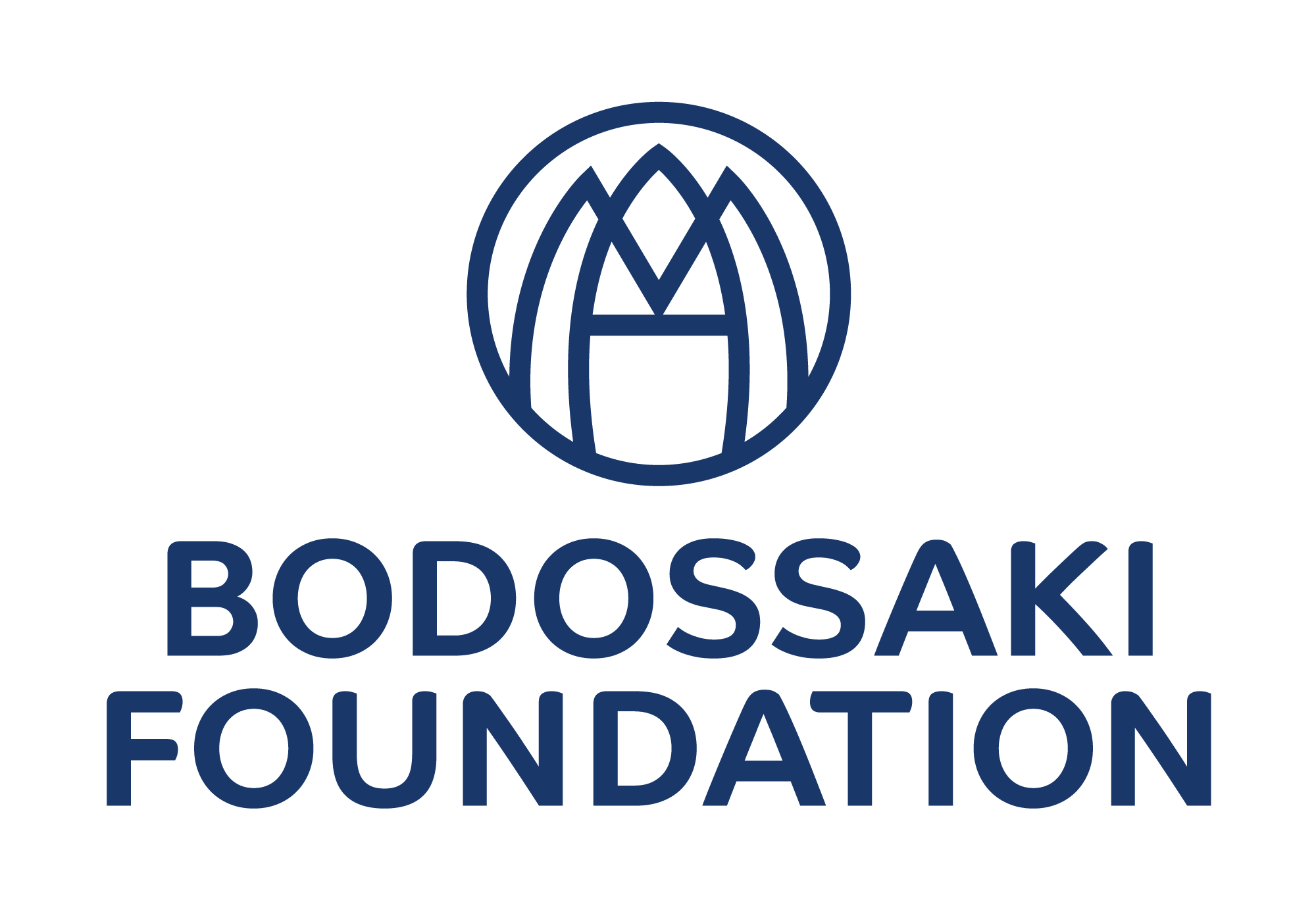
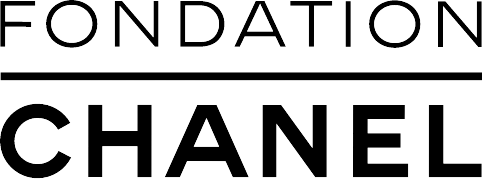
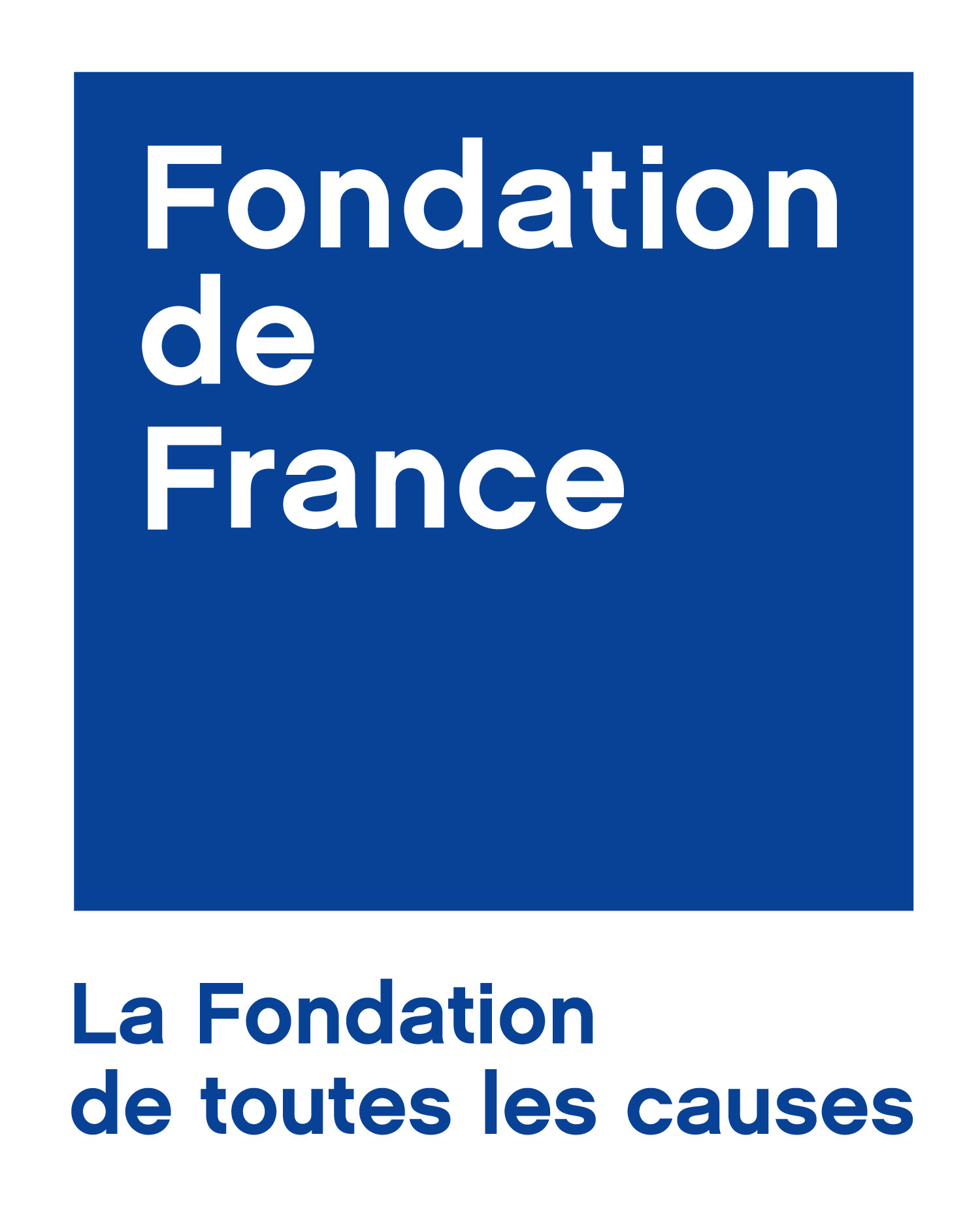
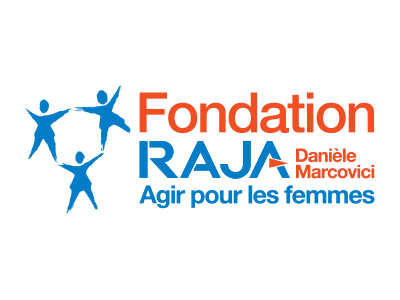

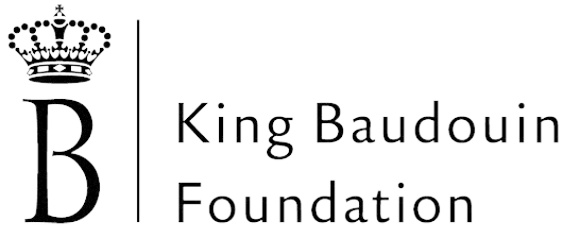

The unequal economic situation of women and men remains a major barrier to a gender-equal Europe. Despite the higher participation of women in education, they continue to face challenges in the labour market, often referred to as the ‘reverse gender gap’. Not only do fewer women work compared to men, they are also not equally valued for their work across all socio-demographic groups, including age, education, and disability. Women earn, on average, 12.7% less per hour than men. This culminates across a lifetime of lower earnings, career interruptions, and higher likelihood of part-time work due to motherhood or other caregiving responsibilities to an average pension gap of 29% across the EU. Women also continue to be significantly underrepresented in leadership roles. Only 7% of large European companies are led by women. The rise in burnout and depression is particularly striking among women, leaving many unable to work.
Women are also overrepresented in lower-paying sectors, such as healthcare, education, and retail, contributing to the persistent gender pay gap. Migrant women in the EU have diverse lived experiences and needs, yet often encounter inadequate training opportunities and long delays in the recognition of their qualifications. They are more likely to be unemployed than any other group. Women of colour are likely to be over-represented in low-paid, poorly protected sectors where risk of exploitation and abuse is higher. Additionally, one in three migrant women work in precarious work like cleaning, care, and manufacturing. The workplace is also the most common setting for discrimination for LGBTIQ individuals, with 18% reported feeling discriminated against while at work last year. The rates are much higher for trans people and non-binary people.
Driving impact at every level
Addressing root causes
We support organisations addressing the underlying causes of gender inequality in the workplace and the economic exclusion of marginalised communities, from limited access to training, to discrimination, to the lack of investment in women entrepreneurs.
Empowering women and marginalised groups
We provide resources to organisations that empower women and marginalised groups. This can unlock more economic opportunities, greater financial independence, and entrepreneurship among marginalised women and communities.
Creating a positive ripple effect
Improving job opportunities and skills for marginalised women, trans, non-binary, and gender non-conforming people creates a positive ripple effect throughout society, reducing the risk of domestic violence and poverty while increasing access to health and rights.
In this sub-fund, the Alliance has provided a total of €3,470,000 in two-year grants, supporting 26 small and medium-sized frontline organisations in 16 countries with individual grants of up to €150,000, along with opportunities for networking, peer learning, and organisational development.
How we fund:
The call for proposals is now closed and we are no longer accepting applications.
Organisations were selected from an open call for proposals and assessed by a selection committee composed of the following external experts:
They were then approved by our steering committee members.
WHO WE FUND
We invest in marginalised women, girls, trans, non-binary, and gender non-conforming people that experience inequality due to their gender identities. We recognise that they navigate multiple, intersecting social identities, which shape their unique experiences and amplify systemic challenges.
Our focus is on those who face compounded barriers, including:

Key figures at a glance
Our grantees’ impact
